This year marks Malaysiakini’s 25th anniversary - a quarter-century of fearless journalism, upholding the principle of reporting without fear or favour.
Having been a part of Malaysiakini for two decades, I’ve seen how the organisation evolved, yet it has remained steadfast to its core commitment to truth and accountability.
Malaysiakini was largely seen as an alternative media outlet in its early years. It played a crucial role in covering stories blacked out or ignored by the mainstream media, especially during the Reformasi era. Back then, mainstream media was heavily controlled, and opposition voices were systematically silenced or misrepresented.
When I started my journalism career at a Chinese-language mainstream newspaper, restrictions on press freedom were apparent. For instance, my editor would instruct me to condense DAP leader Lim Kit Siang’s statements to just three or four paragraphs - far more than Malay or English dailies allowed. At the time, opposition voices were entirely absent unless cast in a negative light.
Breaking Chinese media monopoly
On July 25, 2005, Malaysiakini’s Chinese edition went live with a small team of three. At the launch, Steven Gan, then editor-in-chief, stated that the Chinese edition aimed to challenge the mainstream media monopoly held by ruling political parties.
Publishing in multiple languages has always been Malaysiakini’s strength. In a multiracial country like ours, media in different languages often cater to specific audiences.
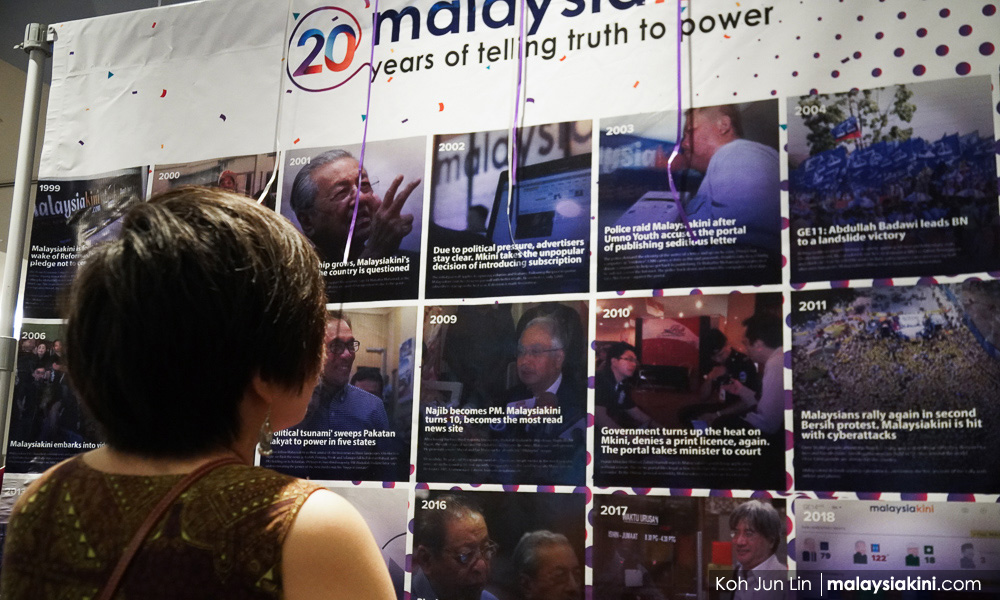
Malaysiakini bridged these segments, helping Malaysians better understand the experiences and struggles of other communities. This was extremely important before the emergence of social media, a time when the source of information was in the hands of the government.
Malaysiakini.TV: A pioneering effort
In 2005, Malaysiakini launched Malaysiakini.TV, one of Malaysia’s earliest online news channels.
The platform became a voice for the voiceless, especially in highlighting issues within the Indian community. Early coverage focused on temple demolitions, vernacular education, and the displacement of estate workers - stories neglected by traditional media.
The platform gained widespread recognition for covering major national events, such as the Hindraf, Bersih, and Bar Council demonstrations in 2007. These protests, which were ignored by newspapers and television channels, became pivotal milestones leading to Malaysia’s first political tsunami in 2008.
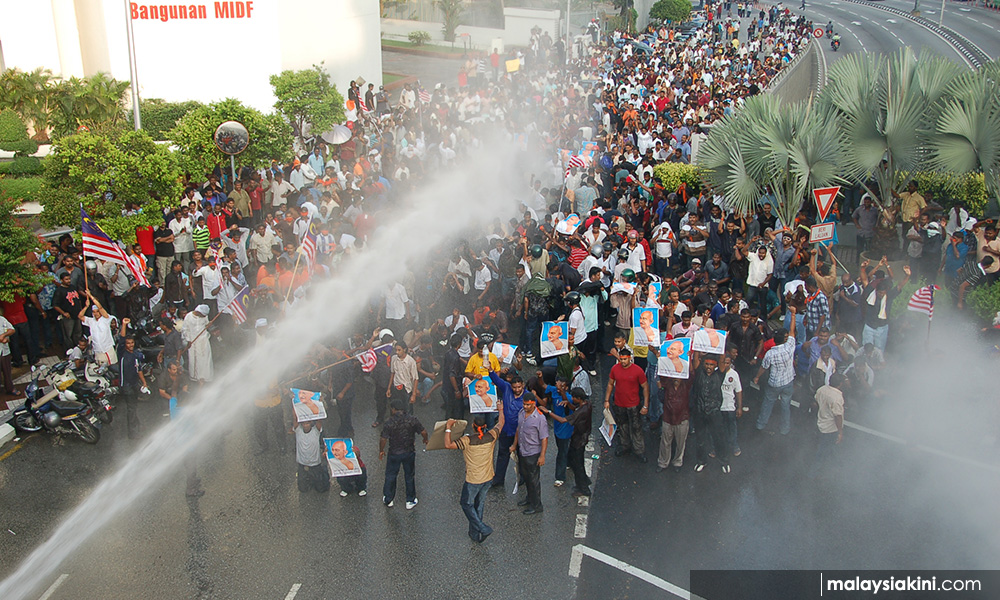
That election marked the first time BN lost its two-thirds majority in Parliament, with five state governments falling to the opposition. Even then-prime minister Abdullah Ahmad Badawi admitted his biggest mistake was the failure to recognise the growing power of online media during the campaign.
Malaysiakini.TV was later rebranded as KiniTV.
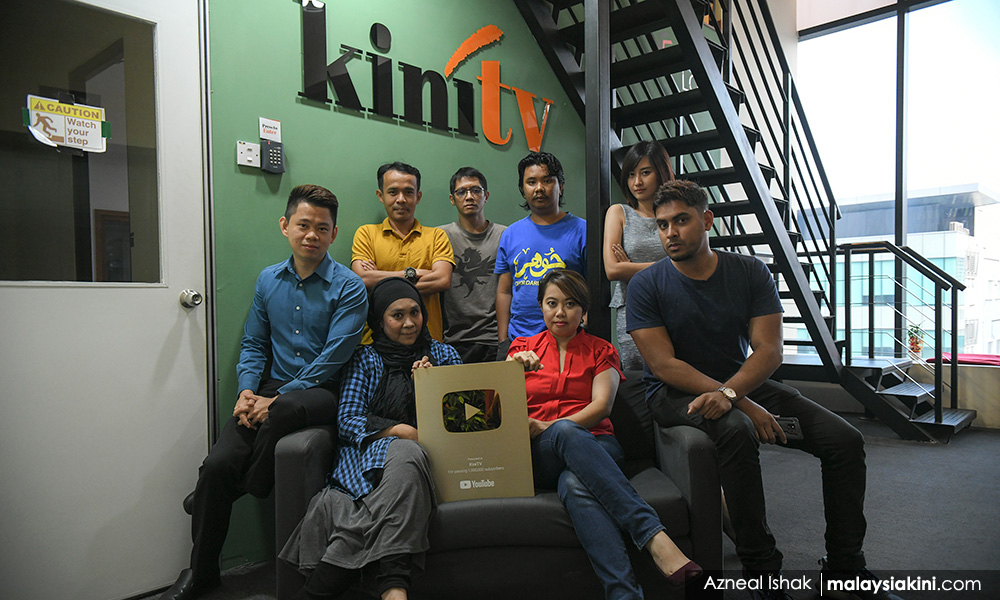
A changing media landscape
Since the watershed 2008 general election, Malaysia’s media environment has evolved. Numerous news portals emerged and press freedom seemed to have expanded marginally. However, this “openness” was often at the mercy of those in power.
During BN’s era, Malaysiakini journalists were barred from covering official functions, including Parliament sittings. Entry into Parliament required special approval from the minister in charge.
It was only after 2008 that online media outlets were officially recognised and granted press accreditation. Yet, even then, structural reforms were lacking, leaving these freedoms vulnerable to reversal.
For instance, during the 1MDB scandal in 2015, mainstream media acted as though the issue didn’t exist. Outlets that dared to report on it - such as The Edge, Malaysiakini, and several others - faced significant repression. The Edge was temporarily suspended, Malaysiakini faced constant harassment from the police and MCMC, sometimes weekly, and access to The Malaysian Insider was blocked altogether.
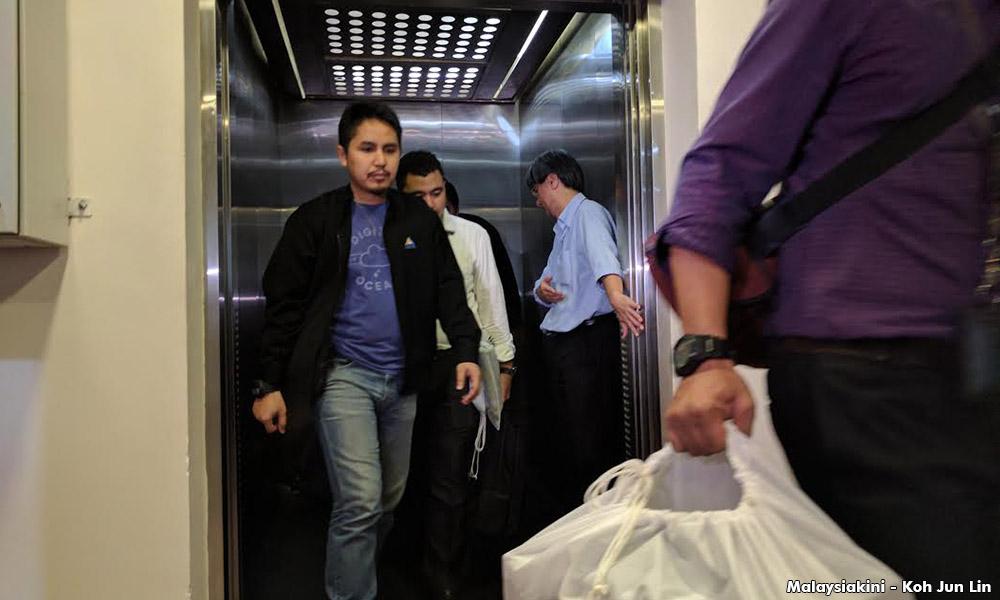
On the night of the 2018 general election (GE14), Malaysiakini’s website was temporarily blocked as it was the only platform consistently updating results that showed Pakatan Harapan was on course for victory.
Even today, Malaysiakini continues to face challenges. Recently, the authorities requested Malaysiakini and other online platforms to remove articles and videos related to alleged corruption involving a Sabah state assemblyperson.
If my memory serves me correctly, this is the first request of its kind from MCMC since after the 1MDB scandal.
Need for real reforms
While we celebrate Malaysiakini’s 25th anniversary, having struggled through the Reformasi era and then the 1MDB scandal, and now under the Madani government, it is evident that meaningful reform in media freedom remains elusive.
The most significant progress would be the long-awaited Media Council that is expected to be established during this parliamentary session, but there are issues that still need to be addressed.
Simultaneously, worrying signs persist, such as the Home Ministry’s potential amendments to the Printing Presses and Publications Act (PPPA). Rather than repealing oppressive laws, the government appears to be strengthening them, such as by including online media under its control.
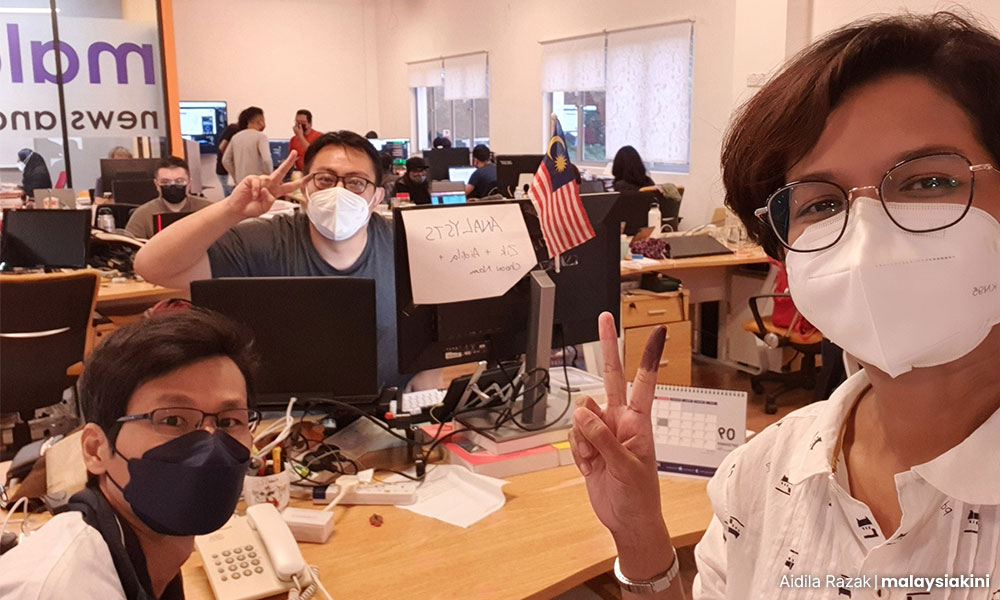
For years, press freedom advocates have called for the review and repeal of draconian laws like the PPPA, the Official Secrets Act (OSA), and restrictive sections of the Malaysian Communications and Multimedia Act. Without comprehensive legal reforms, any perceived “openness” in the media is superficial and fragile.
As Malaysiakini turns 25, we reflect on a legacy built on truth, courage, and independence. But the fight for real press freedom in Malaysia is far from over. Hopefully, we won’t have to wait another 25 years to see genuine structural reforms that safeguard media independence for generations to come.
ALSO READ:
Beyond headlines: Malaysiakini's commitment to accessibility
From journalist to editor - Malaysiakini is my 'ride or die'
Balancing business innovation, journalistic freedom for Mkini
Subscribe to Malaysiakini today and save 25 percent to support the free press. You can gift our subscription to a friend, too. Alternatively, send your donation here.
Ng Ling Fong is Malaysiakini managing editor.

